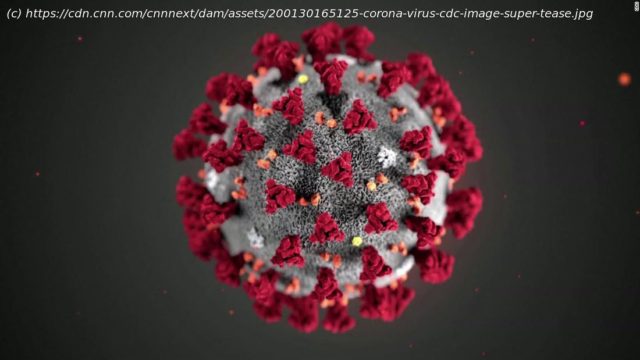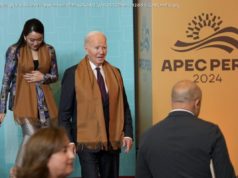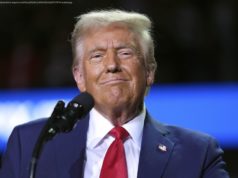A man living in Hong Kong caught the virus twice, underscoring the importance of a Covid-19 vaccine.
The findings are the latest sign that immunity to the virus may not be long-lasting, and underline the importance of having an annual Covid-19 vaccine to boost immunity, even for people who had previously caught the virus, according to Ivan Hung, one of the research team members. “This virus is very smart, it keeps on mutating. So that means even though you recovered from a natural infection, you still need vaccination, need a mask, and keep your social distancing,” Hung told CNN. The findings come as little surprise — scientists have long warned that long-lasting immunity was not a given with this virus — and nor should the findings be a cause of concern. The fact the man was asymptomatic during the second infection is “all you want to see,” Dr. Paul Offit, director of the Vaccine Education Center and professor of pediatrics at Children’s Hospital of Philadelphia, told CNN. “It’s encouraging for the vaccine that his first infection induced an immune response that protected against disease.” Experts have called for more research into the matter as it could be an outlier. But the case does call into question strategies to create herd immunity via community spread — widely believed to have been applied in nations like Sweden. “The only safe and effective way to achieve herd immunity is through vaccination,” Akiko Iwasaki, of the Yale School of Medicine, wrote on Twitter. She explained that since reinfection can occur, herd immunity through natural infection is unlikely to eliminate the virus. That said, sources told CNN that White House officials have raised the possibility of early emergency authorization of a vaccine before late-stage trials are complete. Dr. Anthony Fauci warned against it on Monday, explaining such a step could damage efforts to develop other vaccines. “To me, it’s absolutely paramount that you definitively show that a vaccine is safe and effective, both,” Fauci told Reuters. “We would hope that nothing interferes with the full demonstration that a vaccine is safe and effective.” YOU ASKED. WE ANSWERED Q: What is the appropriate age for my kids to wear masks? A: New guidance from the World Health Organization (WHO) and UNICEF contradicts guidance currently in place from the US Centers for Disease Control and Prevention (CDC), which suggests children two and older should wear a mask. The international agencies say children under five should not be made to wear masks as very young children are less susceptible to the virus and are less likely to spread it to others. Here’s what its guidance says about other age groups: Ages 6-11: WHO says a risk-based approach should be applied, taking into consideration local intensity of transmission; social and cultural environments; the child’s capacity to comply; availability of appropriate adult supervision; potential impact of masks on learning and psychosocial development; and additional considerations such as disabilities or underlying diseases. Ages 12 and over: Treat them like adults, the agencies say. The guidance said no child should be denied access to education if a mask is unavailable. Send your questions here.






